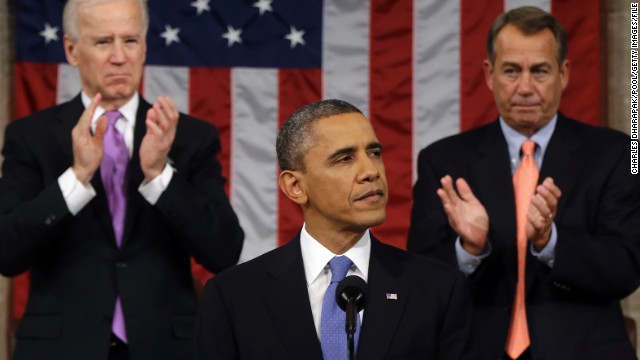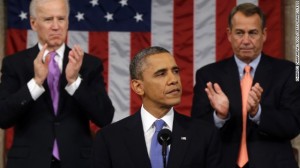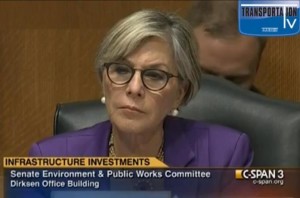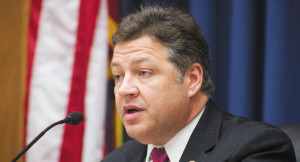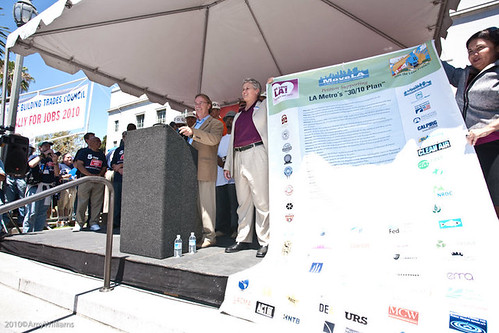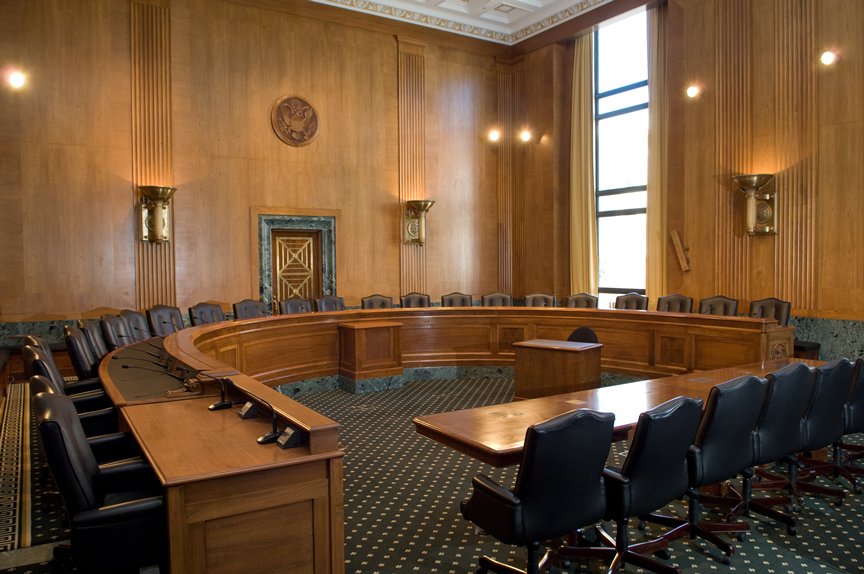
With last night’s election, both the Senate and House will see leadership changes in key transportation committees. With the nation’s transportation funding source running near empty and the current law, MAP-21, expiring in the spring, these new committee leaders will have an opportunity to make an impact in the very near term.
First, the Senate, where the Environment and Public Works Committee writes the largest portion of the transportation bill, the “highway title”. Chair Barbara Boxer (D-CA) is expected to yield the gavel to Sen. Jim Inhofe (R-OK). Though the two worked closely together on MAP-21, Inhofe has indicated that he plans to conduct EPW business differently than his predecessor, and it’s unclear at this point exactly how he would stray from the current course.
The next biggest piece of the Senate bill, the “transit title”, is written in the Banking Committee, where Richard Shelby (R-AL) is in line to become chair. The Inhofe-Shelby pairing also led negotiations on SAFETEA-LU – MAP-21’s predecessor – in 2005.
In the House Transportation and Infrastructure Committee, Ranking Member Nick Rahall (D-WV) — amazingly a member of this committee his entire time in Congress — lost re-election to his 20th term, which eliminates the top Democrat on the committee. Rep. Peter DeFazio (D-OR) is next in line for the top Democratic seat on the Committee, and is a familiar and vocal proponent of a strong federal role in transportation.
That covers the policy side of the equation. On the funding side, Utah Sen. Orrin Hatch (R-UT) is projected to take over the Finance Committee, swapping roles with Sen. Ron Wyden (D-OR). On the funding side in the House, Rep. Paul Ryan (R-WI) is expected to take over the Chair of the Ways & Means Committee for retiring Rep. Dave Camp (R-MI).
In the short-term, the biggest battles will come over annual appropriations, setting the spending levels for discretionary programs such as TIGER and Amtrak. The first order of business for Congress when it returns next week is extending the continuing resolution – a temporary funding measure – that expires in December long enough to allow appropriators to hammer out spending levels for the full fiscal year. That will now likely occur under the GOP-controlled Congress early in the next calendar year.
The 800-pound gorilla of questions marks though, is how Congress will fund the nation’s transportation system next year and beyond. Gas tax receipts are dropping, cars are getting more fuel-efficient and driving is leveling off – and most baby boomers haven’t even stopped commuting yet. Although a faction of Republicans has called for the feds to abandon their traditional role and devolve the lion’s share of responsibility and oversight to the states, that idea so far has not gained traction with the full caucus. Though yet another short-term fix was agreed to a few months ago to keep the program going into next year, that funding will be tapped out by Spring 2015, and the trust fund will be near insolvency yet again.
Raising the gas tax may be a non-starter in a GOP Congress, though that remains to be seen. Other revenue ideas have struggled to gain a foothold, including the House GOP proposal during the last reauthorization to boost revenue with fees from expanding oil and gas drilling into formerly protected areas. On the Democrat side, DeFazio has introduced legislation to replace the federal gas tax with a fee at the refinery level that would be indexed to inflation, potentially yielding a more stable funding source.
In all, Tuesday’s election results should make for a fascinating 2015.






